The Church in Britain is being doubly deceived.
Why did God allow the bomber to kill innocent children and adults in the Manchester Arena? Why did a young man born and raised in Manchester carry out such a terrible atrocity in the name of Allah, the god of Islam? These are the questions that are being asked in the wake of the violence caused by Salman Abedi.
The answer is set out clearly in the Bible. It is in Habakkuk. The Prophet Habakkuk was a contemporary of Jeremiah. They both saw the decadence, idolatry and treachery of the nation, which had turned its back upon God and the good teaching he had given for the health and security of his people.
Habakkuk asked what God was going to do about it and God’s reply was “I am raising up the Babylonians” (Hab 1:6). Habakkuk was horrified! He protested, for the Babylonians were cruel and had no respect for human life.
And so it was that God revealed his short-term strategy of sending Judah into exile, whilst working towards his long-term purpose when “the earth will be filled with the knowledge of the glory of the Lord as the waters cover the sea” (Hab 2:14). It’s all there in the amazing little book of Habakkuk that has incredible significance for our lifetime.
This purpose could only be fulfilled through the coming of Messiah Jesus, who would not only be a light for the Gentiles, fulfilling God’s promise to send his salvation to all nations, but actually present “a new and living way” (Heb 10:20) – a way of peace and love, replacing the violence of humanity.
Why did God allow the Manchester bombing? The answer is set out in Habakkuk.
The Church’s God-Given Task
This is the amazing God-given task of the Church today, at what increasingly appears to be an incredibly significant time in world history. It feels as though we stand on the cusp of either descending into an indescribable cauldron of terrorism, violence and destruction, culminating in all-out warfare between Islam and the West; or, an amazing worldwide spiritual revival that will transform the history of the world.
God is using Muslim immigration into Europe and the West to wake up the Church to its responsibility to present the truth to the nations. We are like the church in Sardis that had a reputation for being alive, but was dead to the truth. They were perfectly content to jog along with pagan society; but the word of the Lord was “Wake up! Strengthen what remains and is about to die” (Rev 3:2).
Today God’s urgent call to his Church in the West is: Wake up! Wake up before it is too late!
We have the most astounding good news to present to the world! The Gospel Jesus has given us comes with the power to deliver it and to see the signs and wonders of God’s presence. But there is a great veil of deception over the Western Church that prevents us from perceiving the truth. It is the same veil of deception that covered the religious leaders in Jesus’ day; “Though seeing, they do not see; though hearing, they do not understand” (Matt 13:13). This is the work of the father of lies who seeks to impede the work of the Lord by blinding the eyes and confusing the understanding of the servants of God.
Deception About Islam
The two great areas of deception are Islam and the decadence of the West.
I find it astonishing that so many people in Britain – Christians included - have been hoodwinked by the palpable lie that Islam is a religion of peace. Andy Burnham, the Mayor of Manchester, actually said that the bomber had nothing to do with Islam. Such statements show either unforgivable ignorance in a political leader or culpable lying.
It is astonishing that so many in Britain – Christians included - have been hoodwinked by the lie that Islam is a religion of peace.
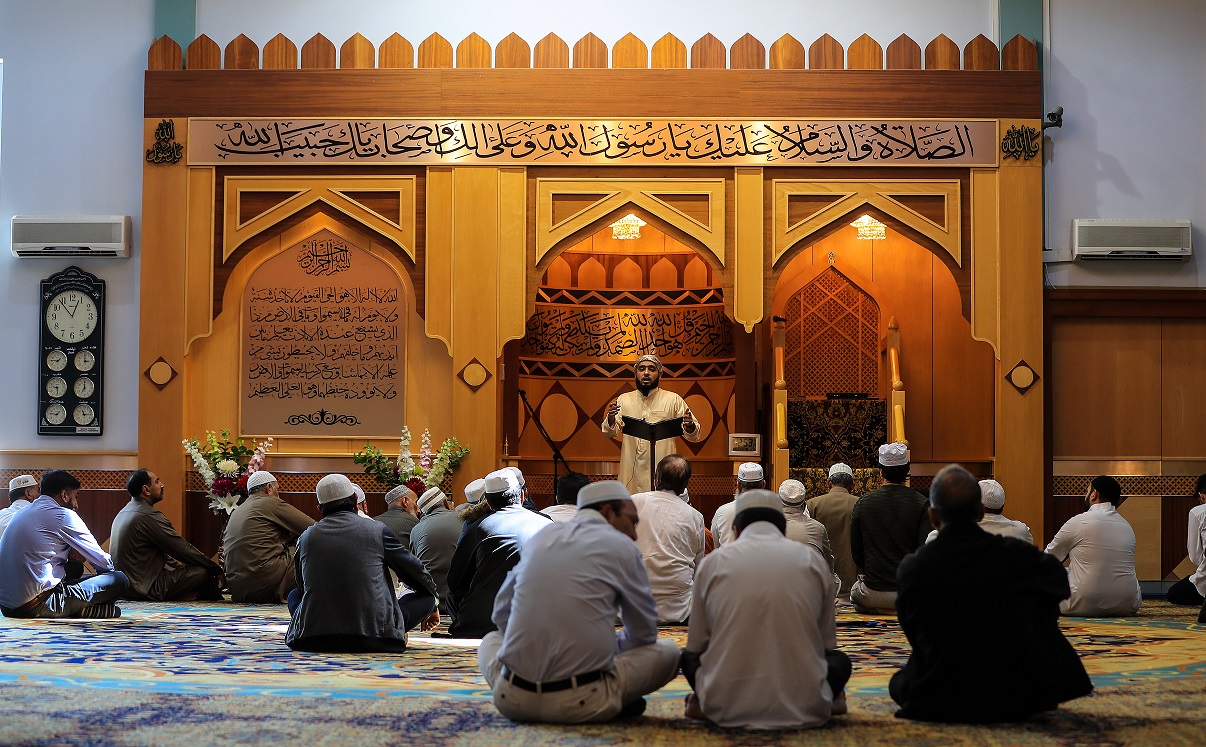 Manchester Central Mosque. See Photo Credits.The Qur’an instructs the followers of Allah to “Kill the polytheists [Jews and Christians] wherever you find them and capture them and besiege them and lie in wait for them at every place of ambush” (Qur’an 9:5). This was the policy pursued by Mohammed and is now followed by those we call ‘extremists’, including the fighters of so-called Islamic State.
Manchester Central Mosque. See Photo Credits.The Qur’an instructs the followers of Allah to “Kill the polytheists [Jews and Christians] wherever you find them and capture them and besiege them and lie in wait for them at every place of ambush” (Qur’an 9:5). This was the policy pursued by Mohammed and is now followed by those we call ‘extremists’, including the fighters of so-called Islamic State.
Of course, it is true that the vast majority of Muslims are ordinary people who want to get on with their lives and live at peace with others. But a large part of the trouble is that they do not integrate – they live in separate communities – they learn the Qur’an in Arabic and we do not know what is taught in their mosques, all of which creates fear and suspicion. They are specifically told not to integrate or to make friends with non-Muslims:
O you who believe! take not the Jews and the Christians for your friends and protectors: They are but friends and protectors to each other. And he amongst you that turns to them [for friendship] is of them. Verily Allah does not guide such people. (Qur’an, Sura 5:51, emphasis added)
The central teaching of the Qur’an is that Islam is at war with the rest of the world and all Muslims are required to take part in this war until the nations have been subdued and Islam rules the world.
Ayatollah Khomeini a leading scholar of Islam said “The purest joy in Islam is to kill and be killed for Allah”. He said, “If you are slain, you will go to Paradise. Even if you do the slaying, you will go to Paradise”.1
If Christian leaders make no attempt to discuss this teaching with Islamic scholars, young men will continue to become radicalised and terrorist atrocities will increase in the Western nations. A reign of terror will eventually lead to all-out war and no doubt someone will risk a first strike with their nuclear warheads. The end result will be catastrophic.
But it need not be like this!
God is urgently calling upon his Church in the West to wake up, both to the reality of the threat to world peace and to the incredible opportunity being presented to believers to bring the Gospel to a world that is hungry for truth and fearful for the future.
God is urgently calling upon his Church in the West to wake up - to the threat to world peace and to the incredible opportunity now presented to believers.
Deception About Western Society
However, the Church has a veil of deception drawn not only over its perception of Islam, but also over its own attitude to Western society.
 Ariana Grande. See Photo Credits.Why did the bomber specifically target the Manchester Arena where Ariana Grande was performing? You have only to look at her song lyrics to see the answer to this question. On that fateful night in Manchester she sang “Tonight I’m making deals with the devil…And I know it’s gonna get me in trouble…”
Ariana Grande. See Photo Credits.Why did the bomber specifically target the Manchester Arena where Ariana Grande was performing? You have only to look at her song lyrics to see the answer to this question. On that fateful night in Manchester she sang “Tonight I’m making deals with the devil…And I know it’s gonna get me in trouble…”
As her website and song lyrics make abundantly clear, Grande propagates what has been termed ‘raunch culture’,2 designed to liberate young girls from all sexual inhibitions. All this is highly offensive to Muslims - and so it should be also to Christians! Though Christians do not react with acts of violence, we should be making it clear to Muslims that we deplore the sexualisation of our children.
This is where our lack of communication with Islamic leaders is utter folly. They think that decadent, immoral Western culture is approved by the Christian Church – and even flows from Christianity – not least because we allow our children to go to concerts like the one in the Manchester Arena, the benefit show scheduled to take place at Old Trafford on Sunday, and the one that took place in the Bataclan Concert Hall in Paris last year.
Of course, these concerts glorifying sexual decadence and satanic attitudes in no way justify the indescribable violence of the Muslim bombers, but they justify the teaching given in hundreds of mosques in Europe where imams try to protect their young people from corruption by Western society by instilling hatred of the West. But sadly this leads unstable young Muslim men to think they are earning a place in paradise by donning a suicide vest.
The answer to this mess does not lie in the hands of politicians, who simply strengthen the intelligence services and put more armed police on the streets. The answer lies squarely in the hands of the Church!
The answer to this mess does not lie in the hands of politicians, but in the hands of the Church!
The Church has to be much more forthright in condemning the decadence of Western society! For too long we have allowed hyper-liberal secular humanists to dominate social policy and direct social change. Muslims are perfectly justified in reacting against Western society as demonic - but they are also justified in thinking (however mistakenly) that it is condoned by Christians.
God’s Instrument of Judgment
This is why God has allowed vast numbers of Muslims to come into Britain, the EU nations and the USA. They are like the Babylonians sent to bring judgment upon Judah.
Make no mistake: God will allow Islam to be his instrument of judgment upon the West, unless the Church wakes up and recognises how far we have strayed from the truth of the word of the Lord - and unless we repent and use all the power of the Holy Spirit and the spiritual gifts that have been given to us to evangelise the world.
It is the Gospel of Jesus that has the only answer powerful enough to transform the virulent virus of violence that is spreading across the world.
The Church has to move from trying to live alongside Muslims in peace to actively evangelising them and practically showing them the way of love. The only way into the Kingdom is through faith, not through force. The contrast between the Gospel and the teachings of Muhammad in the Qur’an could not be greater.
The Qur’an says: “Allah does not love sinners” (Qur’an 2:190) - and this is repeated 24 times for emphasis. Contrast this with the teaching of Jesus: “For God so loved the world that he gave his One and only Son, that whoever believes in him shall not perish but have eternal life. For God did not send his Son into the world to condemn the world, but to save the world through him” (John 3:16).
God will allow Islam to be his instrument of judgment upon the West, unless the Church wakes up to how far we have strayed from the word of the Lord.
Live the Faith We Proclaim
The word of the Lord to his Church is not only to church leaders but to every believer: it is a call to live the faith that we proclaim - to take every opportunity to share our faith with others.
The light and love and truth of Jesus must shine out through our lives and be such an attractive alternative to Islamic teachings of hatred, and to the decadence and moral corruption of Western ‘raunch culture’, that people will embrace the truth with overwhelming relief and joy – as the man who discovered the Pearl of great Price.
This is the word of the Lord to this generation!
References
1 Baar, M, 1980. The Unholy War – Oil, Islam, and Armageddon, Henry E Walter Ltd, Worthing, p78.
2 This term was coined by author Ariel Levy, and has been used by Dr Jenny Taylor to describe Grande’s style and influence – see here.


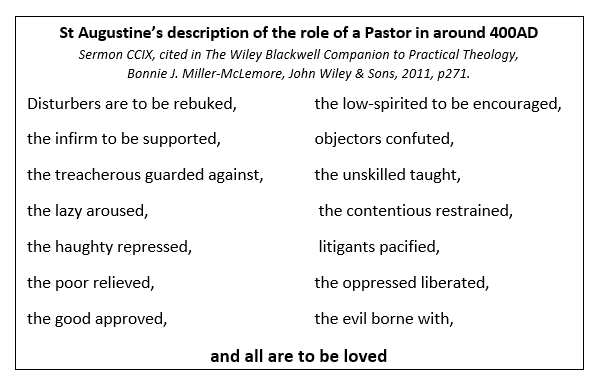


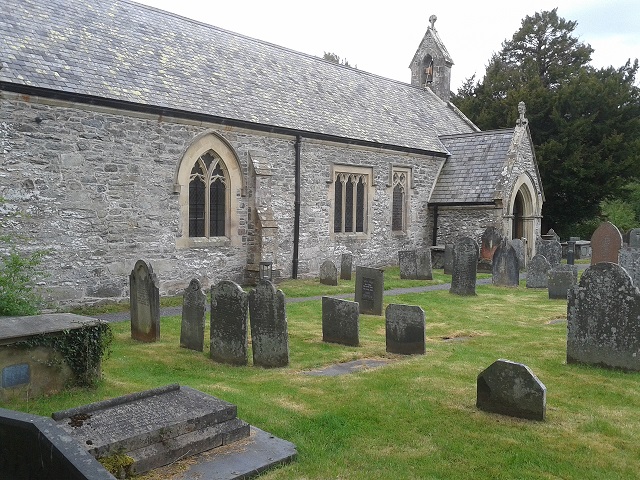
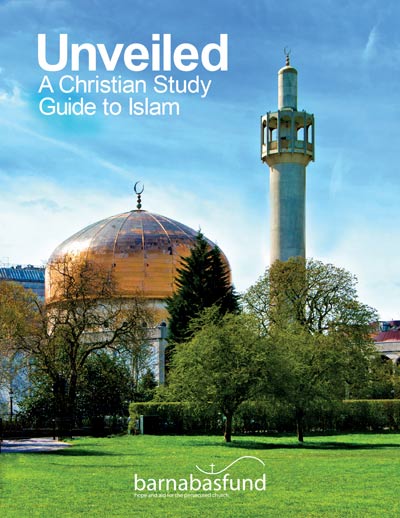
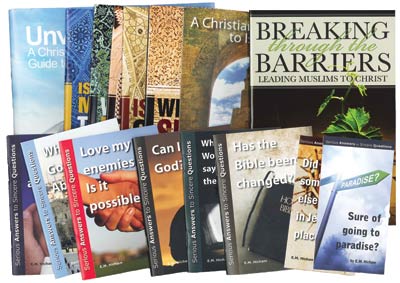 Leading the Way (international ministry): plentiful online resources, testimonial videos, books, DVDs/CDs. Many free downloads.
Leading the Way (international ministry): plentiful online resources, testimonial videos, books, DVDs/CDs. Many free downloads. 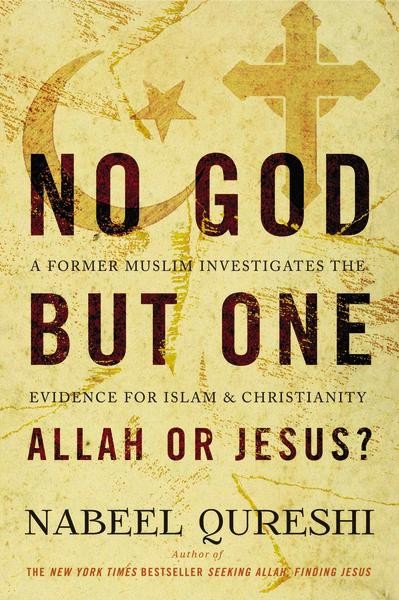 A Wind in the House of Islam (David Garrison, 2014.
A Wind in the House of Islam (David Garrison, 2014.